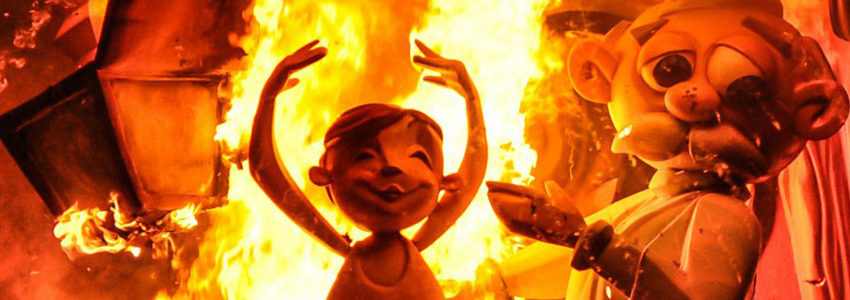Hello #Vivers! The Valencia Fallas are coming! and at Luis Vives Escuela de Español we do not want to miss the opportunity to tell you what this famous and spectacular celebration consists of. Below we explain what Las Fallas are and present some basic vocabulary about these festivals, so that you can discuss it with your classmates in Spanish courses and show off that you know Spanish culture.
Las Fallas are one of the most popular festivals in Spain. Many of the students in our Spanish courses ask us about them and some even dare to experience them in first person. It is a tradition deeply rooted in the city of Valencia and also in other towns in the Valencian Community. They are celebrated in March, although they officially begin on the last Sunday in February.
Currently, this festival has become a very important tourist attraction, and has been declared of International Tourist Interest. They are also called Josephine festivals or Sant Josep festivals (in Valencian), since they are celebrated in honor of Saint Joseph, patron saint of carpenters.
The origin of the festival
The origin of the Fallas festival dates back to the ancient tradition of the city's carpenters, who on the eve of the festival of their patron saint, Saint Joseph, burned old junk in front of their workshops, in the streets and public squares. useless along with the wooden contraptions they used to raise the lamps that illuminated them while they worked in the winter months. For this reason, the day of the cremà (the moment in which the "ninots", the Fallas monuments, burn) always coincides with the 19th, the Festival of San José.
The central theme of the festival is the burning of the ninots (marionettes or dolls), which are enormous statues made of papier-mâché, wood, paper mache and plaster. Ninots usually represent satirical scenes and recent events. For example, in recent years a very popular topic has been political corruption and famous Spaniards. The creation of the ninots, which requires a lot of work and can sometimes cost more than €60.000, is usually the responsibility of neighborhood associations and their construction usually lasts an entire year.
As for the name, “Las Fallas” literally means “the flames” in Valencian.
During the Fallas, Valencia transforms into a city dedicated to its party, music and gunpowder. The Fallas are the fire festivals par excellence and the city is dyed the color of flowers and gunpowder to welcome spring and more than a million visitors, who between the music of the bands and the roar of the mascletàs travel through the Fallas monuments.
Some of the most important elements of these holidays
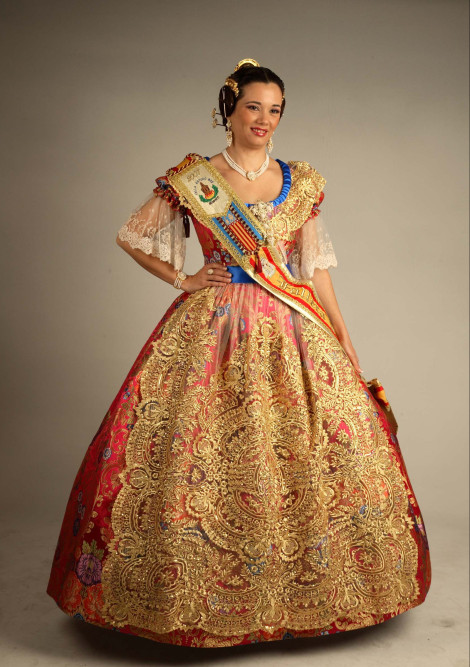
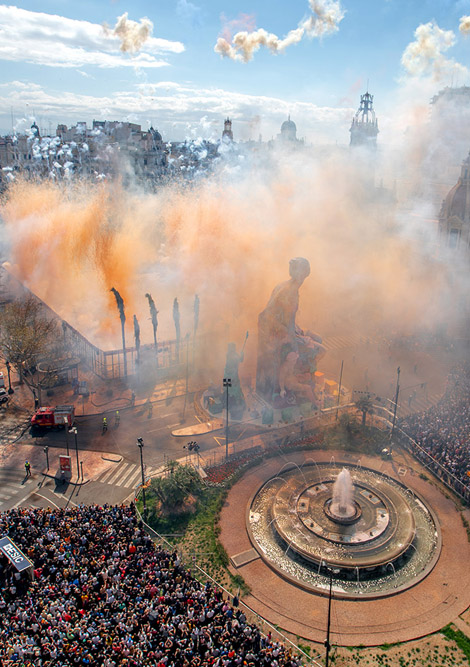
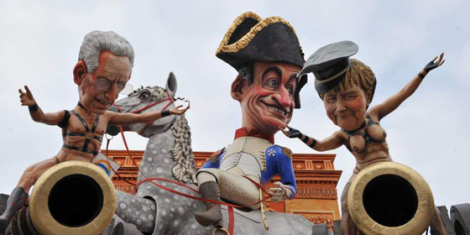

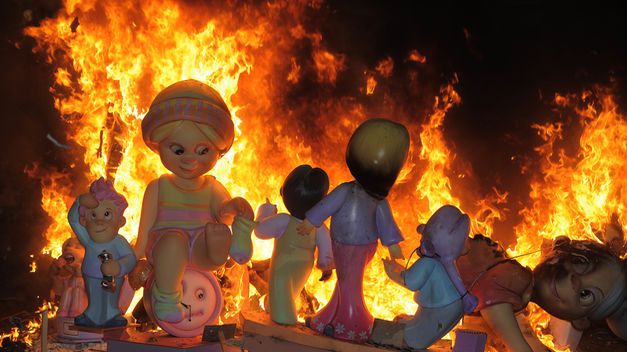
In your country is there a similar celebration or one in which fire is the central motif? Do you dare to describe it to us? Tell us in a short essay and attach an image if possible.
Don't forget that to learn Spanish it is very important to learn its culture, the Hispanic culture. In Luis Vives Spanish School We know it and that is why we integrate culture into our Spanish courses. If you want to learn Spanish in Madrid, contact contact with us and we will help you!

